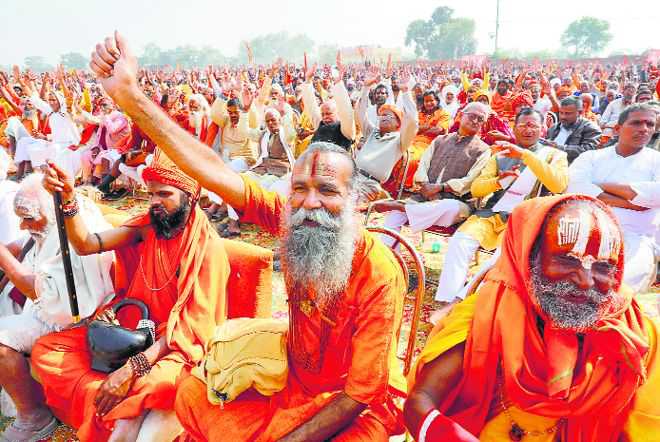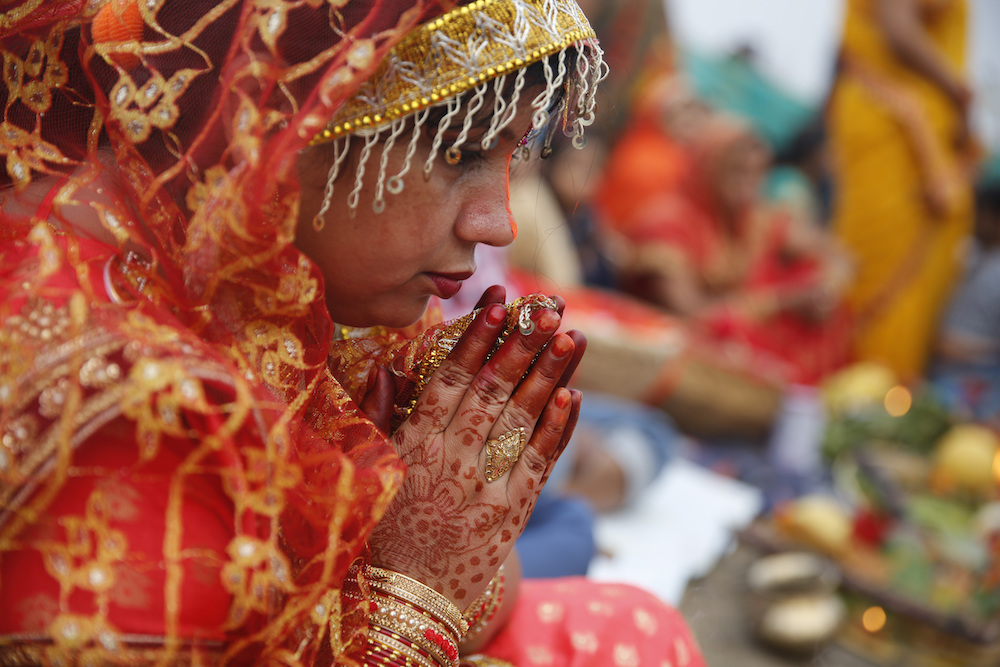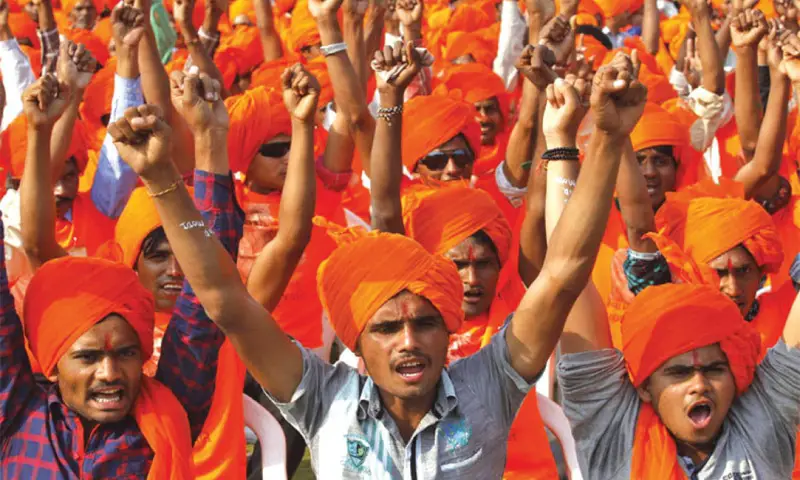One of the oldest religions in the world, Hinduism comprises a wide variety of practices, rituals, and customs. It includes a wide range of traditions, practices, and philosophical viewpoints that have developed through millennia. The issue of whether Hindus drink alcohol is one of the many that are frequently posed about this ancient religion. However, responding to this question is not as easy as “yes” or “no.”
Hindus and alcohol have a complicated and nuanced connection that is influenced by many different things, including historical context, local customs, religious texts, and personal views. The fascinating link between Hindus and alcohol is examined in this article, along with its historical context, scripture allusions, societal ramifications, and the current beliefs of Hindus worldwide.
Table of Contents
ToggleHistorical Perspective

In the Indian subcontinent, people have been drinking alcohol from the beginning of time. Indicators indicating the presence of fermented beverages in early Indian society can be found in Vedic writings like the Rigveda. The Rigveda also makes mention of soma, a traditional ritual beverage. While not exactly like modern alcohol, soma was a cherished beverage in religious rites, demonstrating the long-standing relationship between Hindu rituals and particular fermented beverages.
Scriptural References
The Hindu texts have a variety of viewpoints on alcohol drinking. While some scriptures discuss the consumption of alcohol during rituals and festivities, others highlight its drawbacks and call for abstinence. An old law document called the Manusmriti forbids excessive drinking and its effects. Similar warnings against sensuous pleasures—including drinking—can be found in the sacred philosophical text, the Bhagavad Gita.
It’s crucial to understand that different sects and schools of thought may interpret the Hindu texts differently because they are not all agreed upon in the same way. As a result, Hindus today have a variety of attitudes toward alcohol.
Regional and Cultural Influences
Due to India’s size and variety, there are major regional differences in beliefs and practices, especially views on alcohol. Alcohol is employed at religious festivals and is a significant component of local customs in some areas. For instance, it is customary in some rural areas of Maharashtra to gift alcohol to gods on special occasions.
On the other hand, for cultural or religious reasons, alcohol is outright forbidden in several states and localities. Alcohol abstinence is a more common practice in some conservative Hindu communities, particularly those who adhere to rigid moral guidelines established by their religious authorities.
Social Implications and Caste System
In the past, drinking alcohol in India was frequently linked with some cases, while it was considered impure by others. Despite being officially abolished, the caste system nevertheless has an impact on social dynamics and alcohol consumption in some areas. For instance, certain disadvantaged groups with a history of producing and consuming alcohol nevertheless experience social stigma that keeps them out of mainstream society.
Spirituality and Personal Beliefs
However, some Hindus hold that alcohol drinking in moderation is okay as long as it doesn’t result in negative behavior or addiction. These people stress the significance of individual accountability and restraint regarding alcohol intake.
Evolving Perspectives and Societal Challenges

Evolving Perspectives
India’s social landscape has seen tremendous change in recent years due to the country’s fast economic expansion and urbanization. Hindus’ evolving attitudes about alcohol drinking are a reflection of this development. Some Hindus have developed a more tolerant attitude towards alcohol due to increased exposure to other cultures and a more interconnected world, viewing it as an integral element of social gatherings and holidays.
Particularly the younger generation is becoming more receptive to moderate alcohol use. Like their colleagues in other parts of the world, they could see it as a chance to relax and socialize. This attitude change has yet to be accepted by everyone, too, and it frequently causes arguments in the neighborhood.
Social Challenges
Even while it is clear that views regarding alcohol are changing, Hindu society still faces some difficulties as a result. Finding a balance between modernity and tradition is one of these challenges. Younger generations may face opposition from conservative elders who fiercely uphold traditional customs and beliefs as they adopt a more tolerant perspective of alcohol.
Hindu groups have debated what constitutes suitable behavior due to the conflict between traditional beliefs and modern influences. This discussion touches on bigger issues of cultural identity and maintaining old customs in a world that is changing quickly, going beyond just drinking alcohol.
The effect of alcohol on public health is another factor that should be taken into account. India is one of several countries around the world where alcohol abuse is a problem. Regardless of one’s religious convictions, it is imperative to confront alcohol-related concerns carefully. Some groups and people within the Hindu community are actively working to raise awareness about alcohol usage responsibly and fight issues related to alcohol.
Alcohol and Religious Rituals
Hinduism has a complex relationship between drinking and religious rites. As was already established, soma, a beverage with religious connotations, was used in some early Vedic rites. Similarly to this, alcohol is still provided as an offering during particular religious rituals in some rural areas.
But there has also been debate concerning the use of alcohol in religious rituals. According to critics, alcohol-related cultural rites might encourage unhealthy behavior by encouraging excessive intake. Instead of necessarily encouraging or condoning excessive drinking, supporters contend that such rites should be viewed in the context of their historical development.
The Role of Temples and Religious Institutions
Religious organizations like temples are extremely important in influencing how Hindu populations feel about alcohol. While some temples may have a stringent policy against alcohol, others might take a more tolerant approach. Through sermons, lessons, and moral precepts, religious leaders and institutions can affect their adherents’ beliefs and practices.
Temples and other religious institutions are increasingly advocating alcohol-free settings in recent years. These programs seek to create a spiritual environment free from the allure of alcohol and other vices.
Conclusion
Hindus and alcohol have a complex and diverse relationship influenced by historical, cultural, and religious elements. While there are hints in ancient writings about using fermented beverages in rituals, many perspectives exist on alcohol usage among Hindus today. The attitude towards alcohol varies greatly throughout the Hindu community, from those who rigidly adhere to abstinence for spiritual reasons to those who consider drinking a personal choice.
It is important to understand that Hinduism is not a monolithic entity and that individual views and practices can vary greatly, just like with any other component of religion or culture. The secret is to comprehend and value the various viewpoints that are present inside this complex and lengthy religion.

I am a passionate beer connoisseur with a deep appreciation for the art and science of brewing. With years of experience tasting and evaluating various beers, I love to share my opinions and insights with others and I am always eager to engage in lively discussions about my favorite beverage.
















